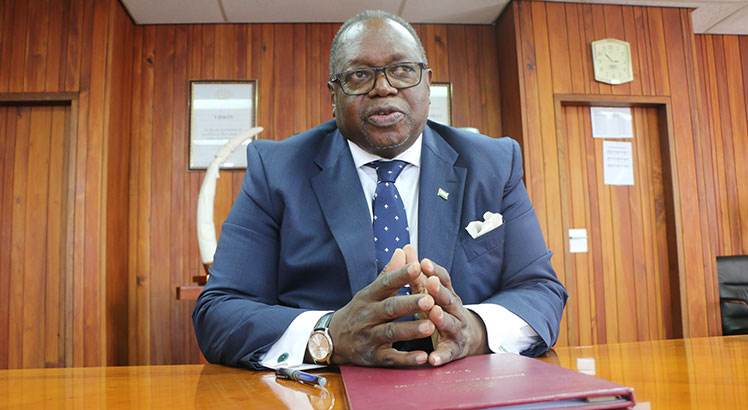Firm sees easing inflation in 2023
Investment firm Nico Asset Managers says inflationary pressures are expected to begin to subside as global commodity prices start to retreat in 2023.
In its 2022 annual report, the firm said a supportive monetary tightening stance coupled with improved foreign currency availability will tone down exchange rate pass-through effects.

Said the firm in the report: “Rising prices reduce the purchasing power of households and lower the consumption of important items, especially food.
“Poor households will suffer disproportionately from food inflation, given the large share of food in their consumption basket.”
Reserve Bank of Malawi (RBM) projects the 2023 inflation to average 18.2 percent.
In a 2023 statement of the first monetary policy committee (MPC) last week signed by RBM Governor Wilson Banda said the 2023 projection is on account of declining Malawi’s key imported commodities and also the heightening risk of a global recession amid tight financial and monetary conditions whose materialisation of the risk would weaken aggregate demand and contribute to a disinflation.
Said Banda: “Despite this optimism, the committee noted that inflation was likely to remain in double-digits in 2023, making it un-conducive to support economic growth.
“At the same time, the MPC opined that loosening monetary policy in a double-digit inflationary environment could reverse the expected downward inflation path.”
On an annual basis, headline inflation averaged 21 percent in 2022, up from 9.3 percent in 2021.
Meanwhile, maize prices have skyrocketed to an average of K30 000 per 50 kilogramme bag of maize in some produce markets.
This is a 200 percent rise above last year.
In Malawi, maize, as part of the food component basket, accounts for about 52 percent of the consumer price index, an aggregate basket of goods and services used in computing inflation.





